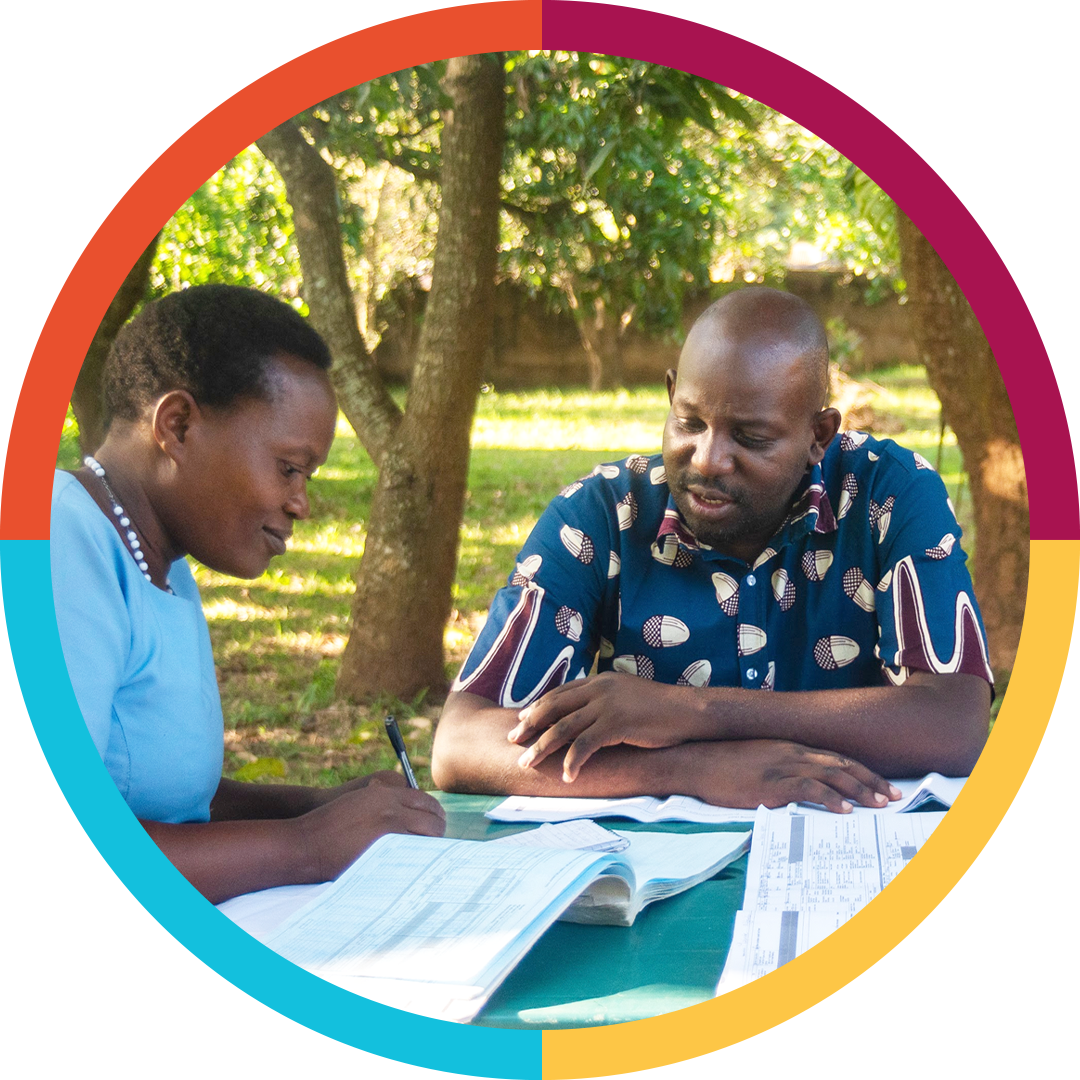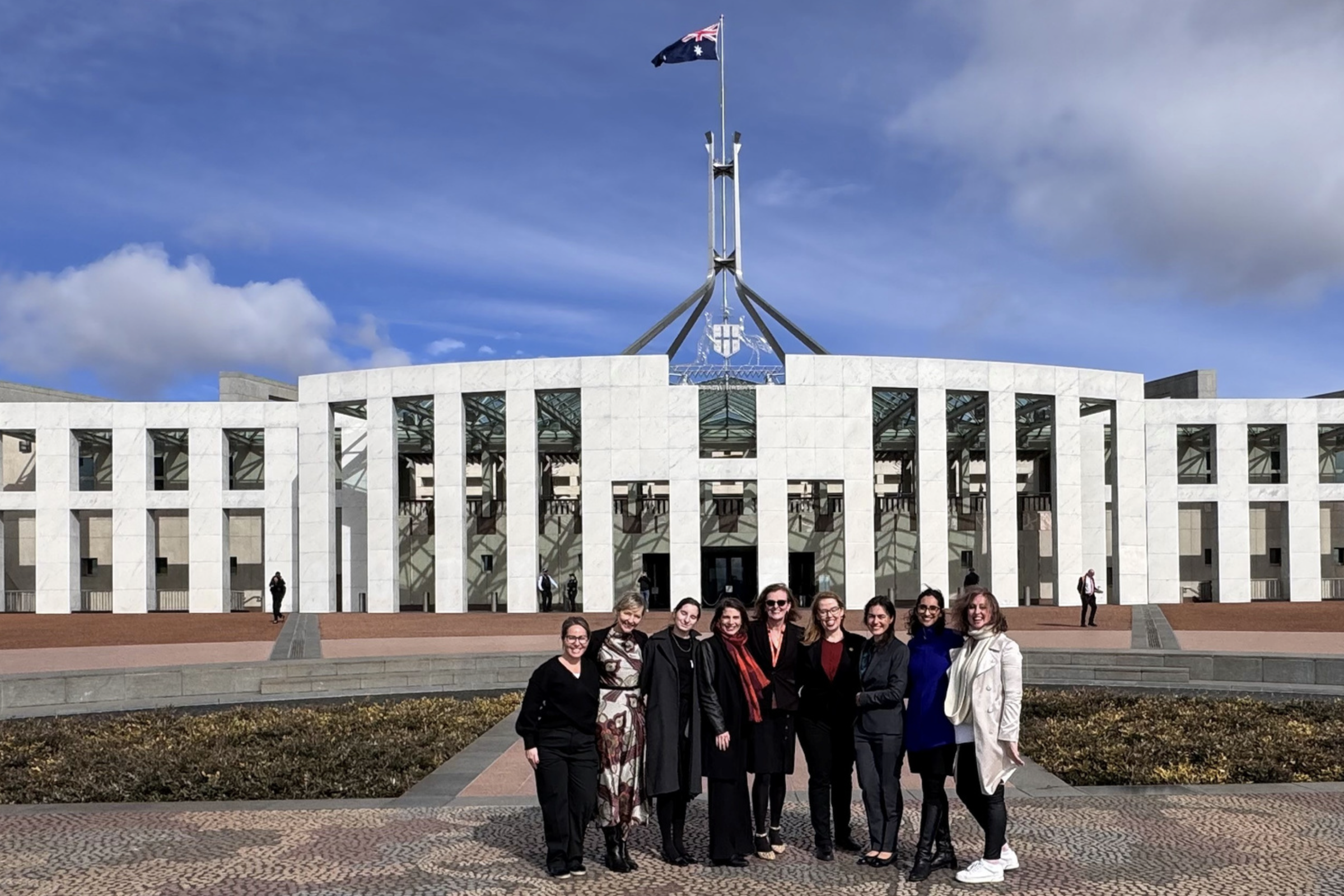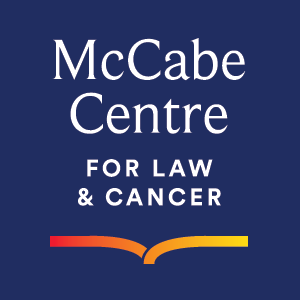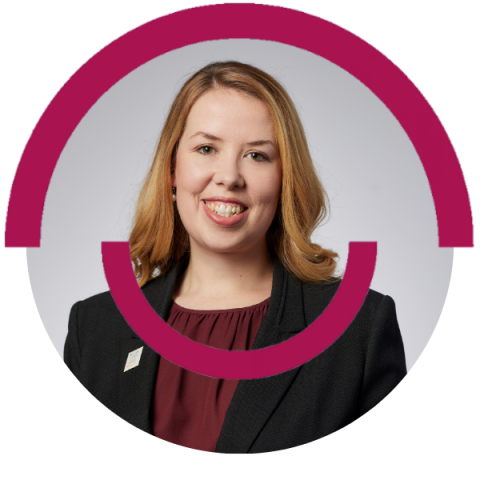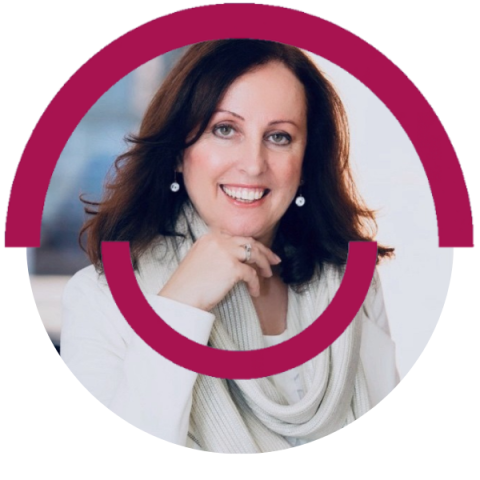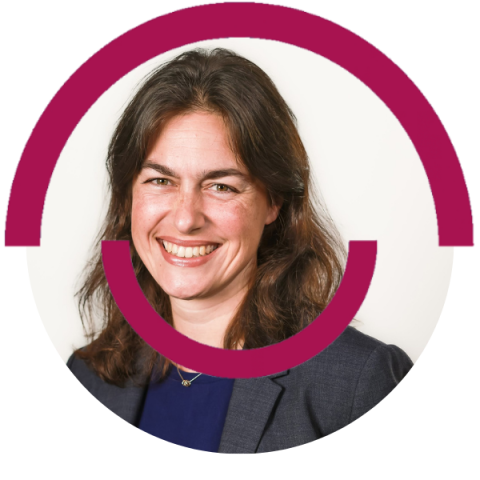Parliament House in Canberra hosted a pivotal event on 29 July, which the George Institute for Global Health and the McCabe Centre for Law and Cancer were privileged to host —bringing together leaders across politics, government, health, civil society, and academia.
The focus of the event was contributing to the global conversation on NCDs ahead of the United Nations High-Level Meeting on NCDs and Mental Health (HLM4) on 25 September — highlighting opportunities for Australian leadership, locally and globally.
Also central to discussions were the risks of inaction, and speakers emphasised the critical need for coordinated, well-resourced, and accountable responses to the NCDs emergency. Investing in NCD prevention and treatment presents one of the greatest opportunities to save and improve lives by 2030 and beyond.
At the event, speakers from across the region emphasised the importance of:
- Embedding community-led, culturally grounded approaches to care;
- Tackling structural systems that perpetuate inequities;
- Strengthening primary health care and integrating NCD prevention into universal health systems;
- Shifting power and recognising diverse forms of knowledge;
- Investing in partnerships that are grounded in mutual learning;
- Amplifying the voices of people living with NCDs;
- Incorporating Indigenous self-determination into discussions and policymaking.
Professor Anushka Patel, CEO of The George Institute, opened the event by stressing the urgency: “By 2050, the number of people living with diabetes, cancer and dementia will double.”
She called for a systemic approach prioritising prevention, early detection, and affordable treatment to reduce costs to both the healthcare system and individuals.
The event featured a keynote address by Dr Cary Adams, CEO of the Union for International Cancer Control (UICC).
"We need an ambitious Political Declaration, or the burden will increase. By 2050, we could see 35 million new cancer cases each year, with low- and middle-income countries hardest hit — and behind each case is someone’s child, parent, partner or friend — placing a huge burden on families, communities, and economies,” Cary said.
Highlights included:
- Aunty Violet Sheridan welcomed attendees to Ngunnawal Country, sharing personal reflections on health, family, and thriving 30 years tobacco-free.
- Professor Anushka Patel called for renewed energy and investment in NCDs, urging stakeholders to break down silos, prioritise prevention, and ensure community-driven action.
- Dr Cary Adams highlighted the global crisis in health resourcing and reform, warning against complacency and calling for a bold, accountable HLM4 declaration.
- Hayley Jones (McCabe Centre) emphasised the importance of legal frameworks, WHO Best Buys (like health taxes), and strong protections against industry interference. “This is a pivotal moment — a watered-down declaration will fail to protect lives or advance health equity,” Hayley said.
- Dr Raglan Maddox (Australian National University) presented the Tackling Indigenous Smoking initiative — demonstrating the power of culturally informed, community-led public health.
- Dr Sonia McCarthy (Department of Foreign Affairs and Trade) reaffirmed Australia’s commitment to NCDs as development priorities, highlighting the importance of cross-sector collaboration and shared global learning.
- Keziah Bennett-Brook (The George Institute) urged for broader, culturally-nuanced definitions of health, advocating for data sovereignty, Indigenous leadership, and decolonising health systems.
- Joanna Munro (Health and Wellbeing Queensland) showcased success in embedding type 2 diabetes prevention within Queensland’s health system through partnerships and innovation.
- Jordie Kilby (The World Bank) shared the organisation’s growing focus on NCD investment through health system strengthening and primary care.
- Professor Bruce Neal (The George Institute) concluded with a call for action — urging increased engagement, domestic investment, collaboration, and global solidarity to accelerate progress.
Supported by 40+ organisations and specialists, a call to action was launched, urging Ministers to scale up national action, support regional progress and show global leadership.
As HLM4 momentum builds, Australia has a vital role in ensuring the Political Declaration and HLM4 follow-up benefits communities across the globe.



